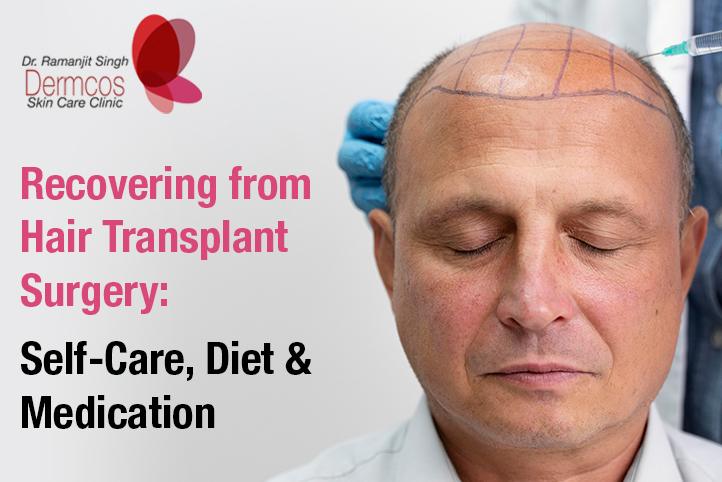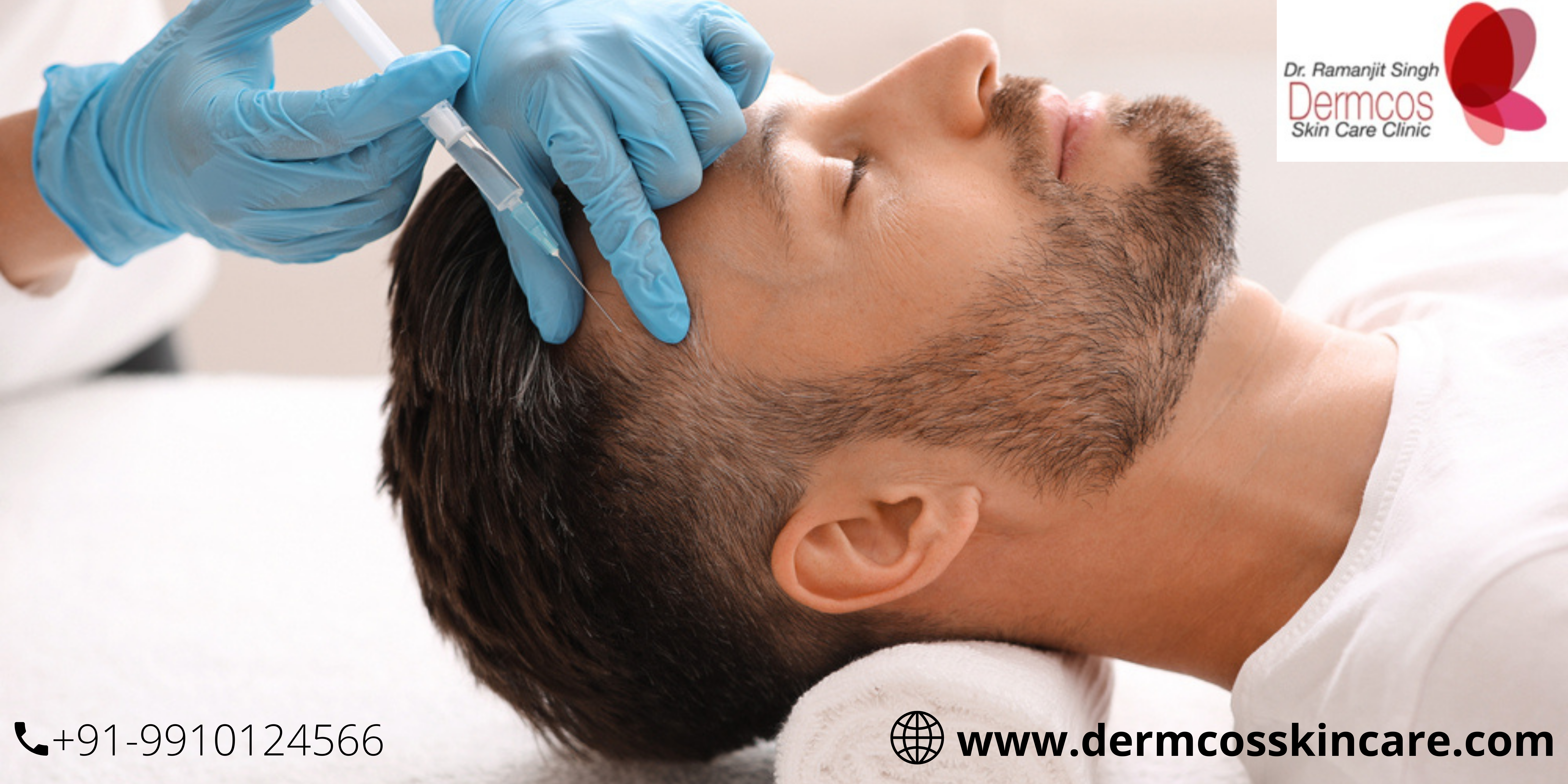No matter how well your surgeon performs a hair transplant, the outcome depends on proper aftercare. Hair transplants are big decisions that can have life-changing impacts on people with hair loss. Hair transplant methods like FUE, FUT, etc., can increase the confidence of the patients drastically.
A hair transplant procedure is an excellent cosmetic surgery for people between the ages of 24 to 65 years. Hair transplant procedures are highly personalised and rely on several factors like hair density, texture, etc.
However, to ensure the success of the procedure, you should follow the recommendations of your doctor. The essential points to pay attention to are hair transplant pre-op, post-op and aftercare instructions.
The best thing about a hair transplant is that your newly implanted hair looks just like normal hair. After the operation, you should take proper care of your scalp. Here are some necessary things to follow after a hair transplant procedure.
Things to Pay Attention to Immediately after a Hair Transplant Procedure?
Here are certain aspects you should know after undergoing a hair transplant procedure.
- After the Procedure
After the procedure, you should consume light food. It is essential to refrain from drinking alcohol and smoking tobacco.
- Consume Medications based on the Prescription
You should take medications based on your doctor’s prescription. Ensure that you take medications, not on an empty stomach.
- No Need for Bed Rest
You may not need bed rest after the procedure. You should watch TV or listen to music.
- Get Adequate Sleep
You should go to bed early and avoid staying up till late at night.
- Avoid Excessive Movements of your Head
It is essential to ensure that your head stays still to make the procedure effective. Under no circumstances should you touch the bandage.
- Refrain from Resting your Head on Hard Pillows
You should rest your head on soft pillows while sleeping.
Taking Proper Care of your Grafts
After a hair transplant, you should take proper care of your grafts. It is necessary to consult with your doctor during the follow-up visits to care for your implanted grafts. Moisture can boost the growth of grafts implanted on your scalp.
For the initial four days, you should wet your hair at least two to six times a day. However, it is essential to use filtered water to avoid the risks of infections. It is normal for patients to be too anxious to clean grafts. You can rub your scalp only after a week after the surgery.
Do’s after the Transplant of Hair
After a hair loss treatment, you should adhere to certain do’s properly. Here are some aftercare instructions you should follow right after the surgery.
- Ensure that someone drives you home after the procedure. In most cases, hair transplant procedures don’t require strong sedation. However, in case of sedation, your family members or close associates will be with you during the discharge.
- It is essential to sleep in an upright position for a week after the surgery. If you sleep normally, there may be swelling on your scalp.
- Never take medicines not recommended by your hair transplant surgeon.
- Scrub your hair gently if your doctors allow it after the procedure.
Don’ts after a Hair Transplant Procedure
Here is the list of certain don’ts you should follow after a hair loss treatment.
- Avoid sleeping flat
- Avoid cosmetic products to style your hair
- Avoid dehydration
- Avoid exposure to the sun
- Avoid excessive strain
- Avoid sugary foods and drinks
Diet after a Hair Loss Surgery- Things to know
Hair restoration surgery nowadays is minimally-invasive and involves little downtime. However, it is crucial to support your body with essential nutrients right after the procedure. A nutrient-rich diet may help your entire system recover. It also helps with new hair growth.
Supporting your body with a healthy diet after hair loss treatment makes the procedure successful. Your diet should contain the undermentioned nutrients after a hair loss surgery.
Omega-3 Fatty Acids
Omega-3 fatty acids will result in the formation of new follicles properly. Consuming oily fish will support your newly implanted grafts. You can even consume walnuts or avocados as they are the best source of omega-3 fatty acids.
Protein
After a hair restoration surgery, you should consume a diet rich in protein. You should eat a diet comprising eggs, chicken, cheese, dairy products, etc.
Vitamins
After a hair transplant surgery, your body requires a full spectrum of vitamins. Food items like brown rice, leafy greens, almonds and nuts will assist you in recuperating after hair loss surgery.
Here are certain food items you should avoid after a hair transplant.
- Junk food
- Alcohol
- Stress and anxiety
Similar to undernourishment, stress will boost the process of hair loss. You can do meditation after a hair restoration surgery.
Medications after a Hair Transplant Surgery
In most cases, your doctor will ask you to take medications after the procedure. The primary purpose of medications is to promote the healthy growth of hair on your scalp. Medications also ensure that the hair restoration surgery offers the desired results. Here are the types of medications you should consume after a hair transplant surgery.
Antibiotics
To boost hair health, the doctor may prescribe you with antibiotics. Antibiotics also help your body fight infections.
Steroids
Steroids like prednisolone can decrease and prevent swelling on the scalp. In case of excessive swelling, your doctor may prescribe prednisolone for a week. Your doctor will consult with you and let you know the effects of steroids on hair health.
A hair transplant is a simple but important procedure. You should strictly adhere to the aftercare instructions, diet plan and medications after the procedure. If you are looking for a reliable hair transplant clinic. Dermcos has you covered.
Led by Dr Ramanjit Singh, you can sport lustrous hair after the transplant. You will experience good hair health after undergoing a hair loss procedure at Dermcos. They follow clinically-approved hair loss treatment procedures. To know more about their procedures, seek an appointment with them.



